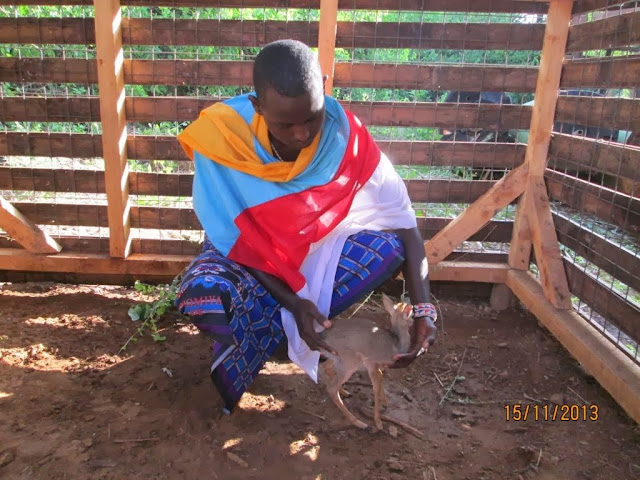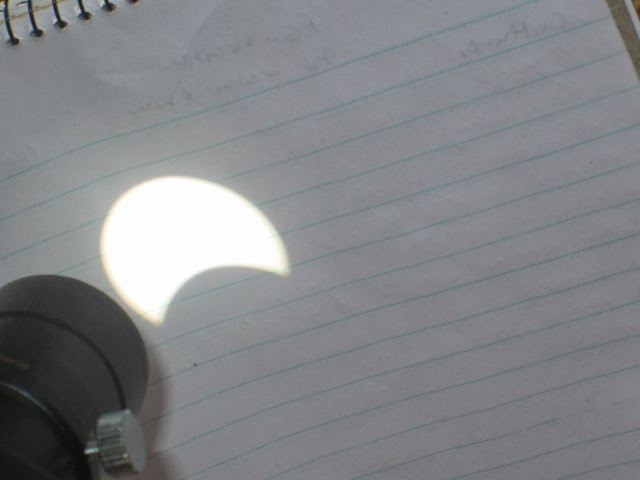Recently, as our guests were
checking out in the morning, we heard loud noises around the pool followed by a
big splash. Everyone ran to the pool to see what was happening.
To our astonishment, it was a baby dik dik in the pool. It
had run this way to escape a troop of hungry baboons. Now in the swimming pool,
it was drowning. Everyone was startled by the scene and some clients were
actually in tears.
At that moment Lkaana Letipo, the Ostrich attendant sprung into action. He grabbed the pool sieve and managed to fish the dik dik out of the pool. The animal was not breathing because it had swallowed a lot of water.
Our remarkable Ostrich attendant immediately sucked the water out of the dik diks’ lungs – mouth to mouth - and resuscitated the animal.
The guests were impressed by the Ostrich attendant’s heroic actions that saved a tiny animal.
As the animal was very weak, our Ostrich man put it in the
ostrich cage for a day to recuperate – and at night took the animal with him to
bed to feed and keep it warm. The following morning the animal had recovered
from its ordeal and was ready to be released.
©Heritage Hotels Ltd, Kenya. http://www.heritage-eastafrica.com/






















